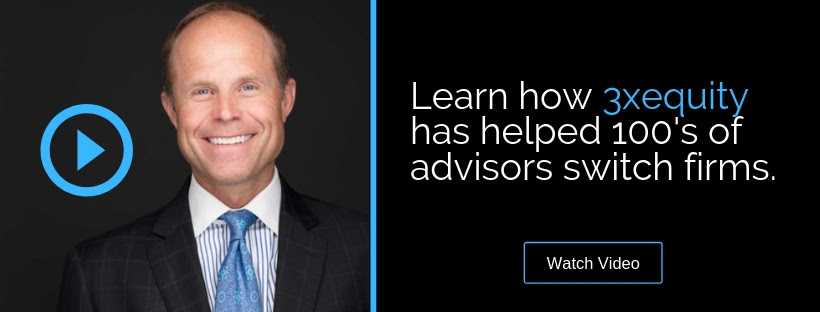Too busy to read? Listen to this article as a podcast now
UBS is set to overhaul a key aspect of its recruiting deals in the coming year, signaling a shift away from a feature that guaranteed experienced brokers deferred bonuses, irrespective of their revenue growth.
According to insights from industry headhunters, UBS managers have communicated that the firm will return to a more conventional bonus structure in 2024. Under this revised formula, brokers joining UBS will need to increase their production by a specific amount to qualify for additional back-end bonuses.
This strategic move is seen as a risk reduction measure for UBS, as it ties back-end bonuses to brokers’ performance, providing a layer of protection for the firm in case of underperformance. Additionally, this shift may serve as a motivator for brokers considering a move to expedite their decision-making process and join before the impending changes take effect.
The decision to alter the bonus structure reflects UBS’s strategic recalibration and a departure from its previous model of offering guaranteed back-end bonuses. In the existing setup, brokers had the potential to earn up to 400% of their trailing 12-month revenue over a span of approximately 12 years. Typically, a portion slightly less than half of the total bonus is disbursed upfront in cash, with the remainder deferred. This shift in approach aligns with UBS’s aim to introduce a more performance-driven incentive system, wherein brokers are incentivized to contribute to the growth and success of the firm.
While this move by UBS represents a departure from the previous guaranteed bonus structure, it is not an isolated phenomenon in the industry. UBS’s decision to revert to a more common bonus formula is in line with broader trends observed across wealth management firms, where a performance-based approach is gaining traction.
This adjustment not only aligns with industry norms but also places a renewed emphasis on brokers’ ability to drive revenue growth and contribute to the overall success of UBS.
This strategic maneuver, described as a ‘now’ or never’ approach, has been used by UBS to catalyze broker transitions.
The upcoming changes in UBS’s recruiting deals highlight the dynamic nature of the wealth management industry, where firms continually evolve their strategies to adapt to changing market conditions and maintain a competitive edge.
As UBS positions itself for the future, this recalibration of the bonus structure signals a deliberate effort to align incentives with performance, fostering a culture of growth and success for both the firm and its brokers. As brokers consider their options in the evolving landscape of wealth management, UBS’s strategic shift may influence their decision-making processes, emphasizing the importance of a performance-driven approach in the competitive recruitment landscape.





